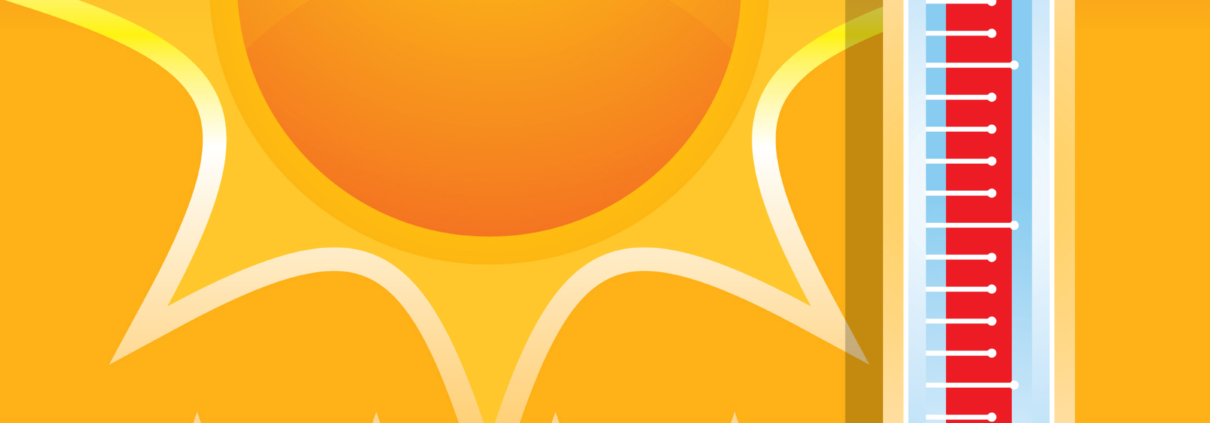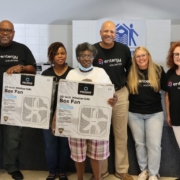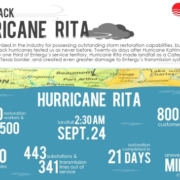If You Can’t Take the Heat…
It’s hot outside, and it’s not going to cool down for a while. Temperatures like these can easily cause heat-related illnesses. If you have to be out in the heat, follow these tips to keep yourself safe.
- Heat-related illnesses are caused by the body being exposed to more heat than it can handle. If you know that you’re going to be outside a lot, try to acclimate yourself to the heat. Build up your heat tolerance by increasing your exposure time outdoors.
- Learn the signs of heat-related illnesses, and take them seriously. Both heat rash and heat cramps are bad, but they’re not as bad as the other two types of heat illnesses. Here are their symptoms:
- Heat exhaustion: Dizziness, headache, sweaty skin, rapid heartbeat, nausea/vomiting, weakness and cramps.
- Heat stroke: Red, hot and dry skin, a high temperature (can be 104 or more), confusion, fainting or convulsions.
- Know what to do in an emergency.
- Stick to the big three:
- Hydration: If you’re not properly hydrated, your body won’t be able to cool itself. Make sure that you’re hydrated before, during and after being in the heat. Drink water about every 15 minutes. Also, be sure to drink a sports drink periodically to replenish the electrolytes your body will lose in the heat. Avoid drinks with lots of sugar or caffeine.
- Rest: Pace yourself. Take breaks more frequently than normal, especially if you’re exerting a lot of energy through work or sports.
- Shade: Minimize your time in the sun. Try to avoid being in direct sunlight. Wear a hat and sunglasses, and slather on the sunscreen. Sunburns reduce your body’s ability to dispel heat.
If you do become overheated, stop what you’re doing and take care of yourself immediately. One of the best ways to cool down fast is to eat a popsicle. Doing so will cool you down at least three times faster than drinking an equal amount of cold water.
One last thing. Keep an eye on your coworkers, friends and family. Don’t be afraid to speak up if you think that they are becoming overheated. You might just save a life.










